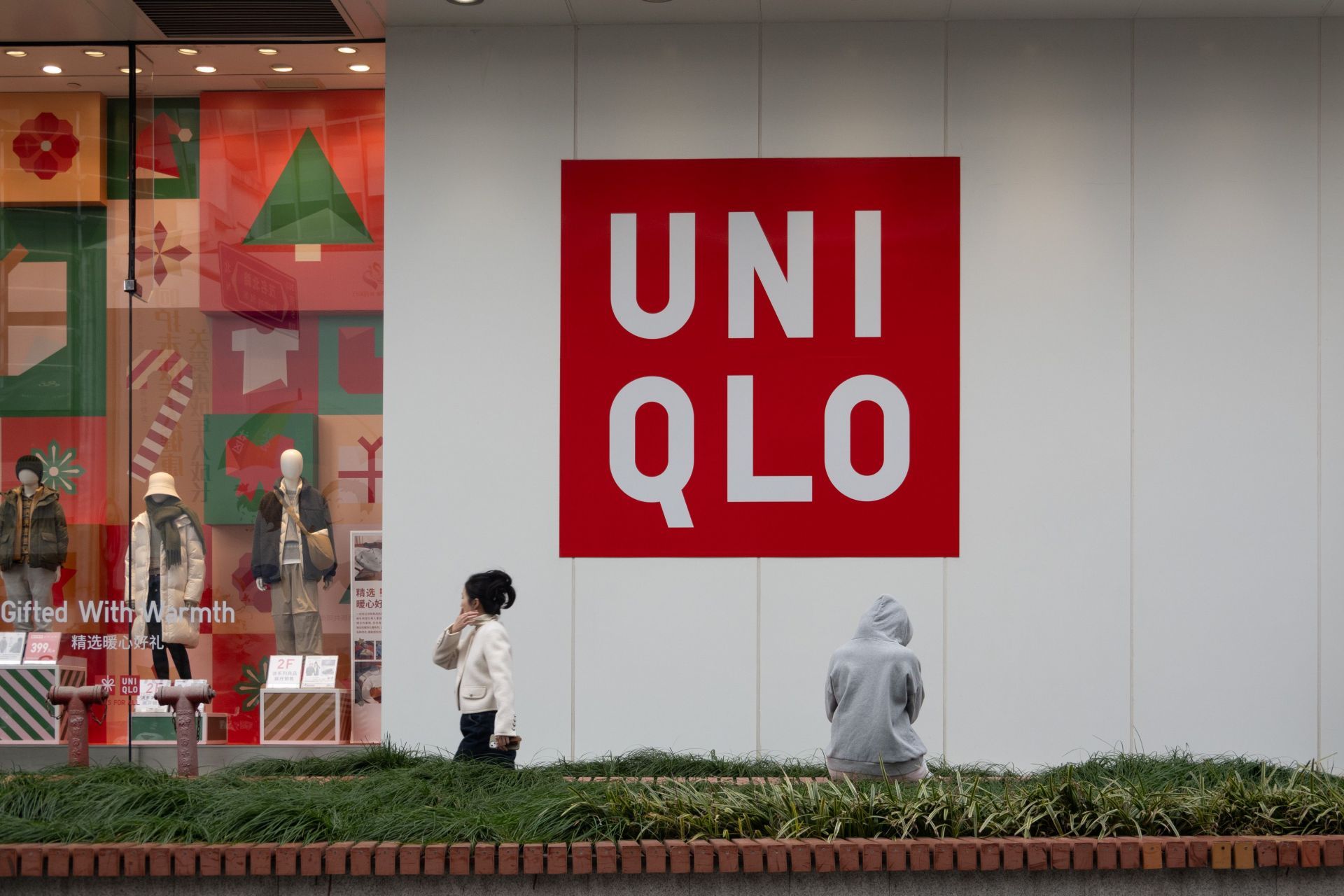Travel
Spirit Airlines shows improvements, but still finishes last in travel industry customer satisfaction study

Discount carriers Spirit Airlines and Frontier Airlines, once destined to be merger partners, both upped their games in terms of serving their customers, but remained on the bottom of an annual customer satisfaction survey for 2023-24, a national research firm has announced.
Although it registered more improvement points than any airline, South Florida-based Spirit finished last in the annual American Customer Satisfaction Index Travel Study conducted by CFI Group of Ann Arbor, Mich. The study, released Tuesday, assessed the performance of not only the nation’s bigger airlines, but also of hotels, car rental firms, rideshare operators and online travel services.
Overall, all of the industry segments serving travelers showed improvements in the eyes of customers, many of whom are still eager to hit the road despite rising prices and inflation.
For the survey, travelers graded the airlines on multiple service metrics, including baggage handling, boarding process, call centers, cleanliness of airplane cabins and lavatories, food quality (both paid and complimentary). loyalty programs, mobile apps, overhead storage, seat comfort and staff performances at airport gates and ticket counters.
The percentage of people surveyed who said they complained declined year-over-year, with 26% of the business travel respondents saying they filed a complaint in 2024 versus 48% in 2023. Of the leisure travelers surveyed, only 13% said they complained versus 17% last year.
“Airline customer satisfaction has climbed to new heights, reaching scores not seen even before the pandemic disrupted travel,” Forrest Morgeson, associate professor of marketing at Michigan State University and director of research emeritus at the ACSI, said in a statement. “Carriers have bounced back strongly, showing that innovations and service improvements implemented during the last two years have resonated with customers.”
The index was founded at the University of Michigan’s Ross School of Business in partnership with other organizations including CFI, which now conducts the survey. It is no longer affiliated with the university.
Alaska Airlines, which had a door plug blow out of one its planes during a flight over the Pacific Northwest in January, topped the survey for the second straight year, followed by American Airlines.
Discounters register improvements
Among the discount airlines, Allegiant, Frontier and Spirit made the biggest gains in the survey “as they crank up their value propositions,” the organization said in its statement.
Asked for more detail, a CFI spokeswoman said the three airlines “showed improved scores this year on flight experience metrics such as check-in/boarding, in-flight service, travel planning, and staff.”
“Now that the legacy carriers have added so many fees related to seat selection and baggage, customers may perceive a greater value proposition from budget airlines,” she said.
Despite the improvements shown by the discounters, “only Allegiant avoids sitting at the low end of the industry, finishing in third place,” the statement said.
Allegiant, which is based in Las Vegas, was followed in descending order by Southwest Airlines, Delta Air Lines, JetBlue Airways, United Airlines, unidentified carriers in an “All Other” category, then Denver-based Frontier and South Florida-based Spirit.
Spirit, which is moving into a new headquarters complex in Dania Beach, did not immediately respond to an emailed request for comment.
The airline is emerging from a protracted turbulent period highlighted by two failed merger deals and a manufacturers’ engine recall that has left 20 of its 200-plus jetliners grounded.
At a formal opening of its headquarters last week, Ted Christie, the CEO and president, told the South Florida Sun Sentinel the company is eager to start communicating what it wants to do for its customers.
‘We’ve been listening to what our guests have been telling us over the years. We’ve been listening to what the markets have been saying,” he said. “And we haven’t had an opportunity yet to tell our story and to energize what’s going to happen next, and we’re going to take that opportunity.”
Christie didn’t elaborate. But before the breakout of the COVID-19 pandemic, the airline did undertake initiatives to show it wanted better relations with its customers. The airline upgraded its fleet, installed seating with more legroom, and upgraded technology to increase flight schedule reliability.
More recently, the airline has landed in the upper quadrant of the U.S. Department of Transportation’s monthly on-time performance scorecards. For example, the company ranked fourth at 72.5% in January of this year in overall percentage of reported flights arriving on time, according to department data.










